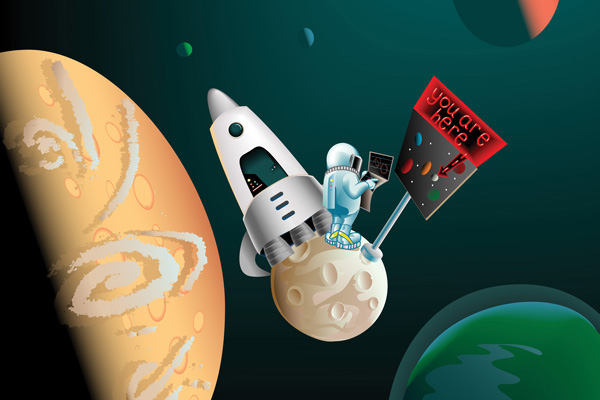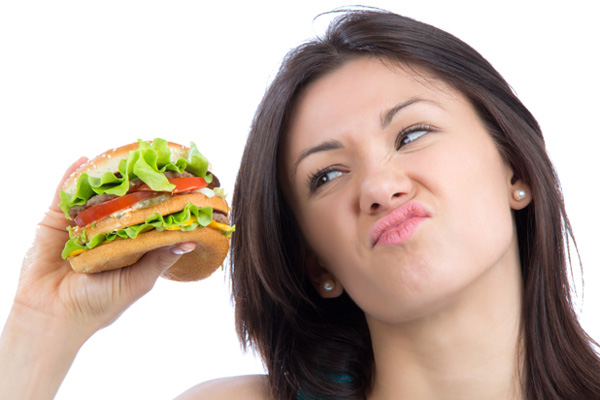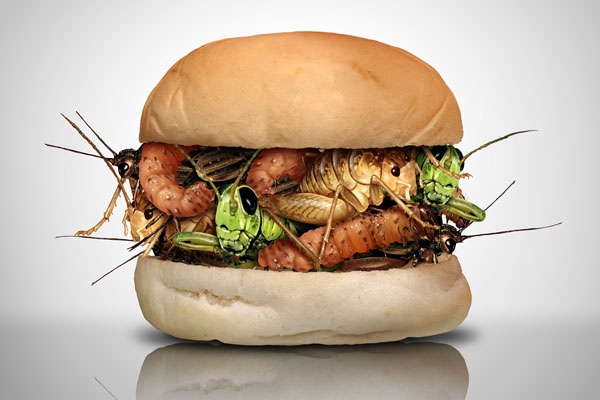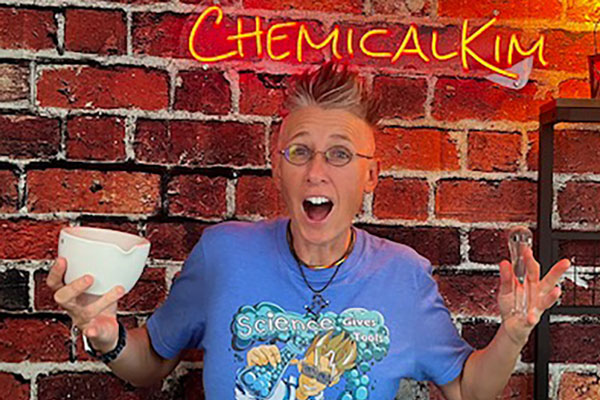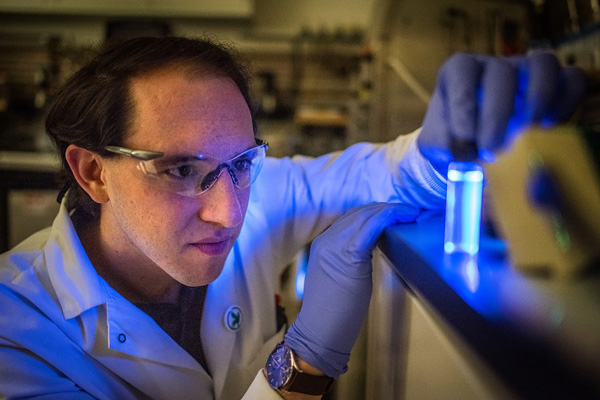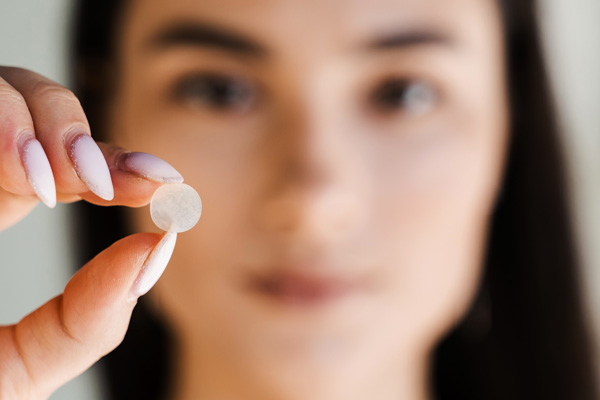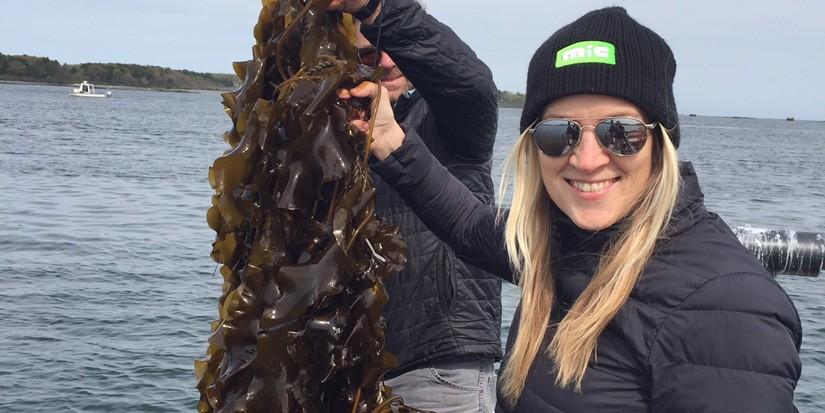
Beth Zotter
B. A.: Environmental Science and Public Policy, Harvard University
M. S.: Energy and Resources, University of California, Berkeley
WHAT SHE DOES NOW: CEO and cofounder of Umaro Foods
Downloads:
Beth Zotter can talk about anything. The problems she encounters as chief executive officer (CEO) of a food company named Umaro are very specific. But the main focus is algae—which Zotter’s Umaro Foods claims is the future of abundant, sustainable protein—and its mission is to save our planet from climate calamity.
Zotter first encountered the science of algae as a graduate student studying bioenergy. “Bioenergy is all about using the Earth’s photosynthetic capacity to create fuel or electricity,” she says. “That’s exactly where these organisms shine.” Algae, including seaweed, have high rates of photosynthesis.
“Strangely, in the United States, no one was looking at seaweed,” she recalls. She wound up directing research at an algae biofuel company, called Bio Architecture, founded by two entrepreneurs from Japan.
“In Japanese culture, seaweed is a huge part of the diet,” she says. “It was their idea that we should be using seaweed because the ocean is very scalable. In 2015, she joined the start-up program, developing ocean farms for algae.
But selling algae as food is difficult, especially in a place like the United States without an established culture of eating seaweed. Umaro’s answer: extract seaweed protein to make bacon.
In just a few years, Zotter helped propel Umaro into a gamechanger for alternative bacon. They plan to expand into other meats, such as pepperoni, and collaborate with other labs to advance the technology.
This interview was edited for length and clarity.
What sort of food chemistry challenges have you had to solve?
We worked with Oregon State University’s Food Innovation Center on the flavorings. Most flavor is small molecules attached to the fats in food. Bacon fat renders on the skillet. So, we had to work until we had something that sizzled in a skillet instead of turning into a puddle.
How did your high school and college education prepare you for what you do now?
My education in environmental science really taught me how to quantify things that happen on a planet-scale. I had never heard anyone else say, ‘Well, how much chemically reactive nitrogen is there on Earth, and how can we use that to make protein?’
Looking at resources in a highly quantitative way gave me the skills to even ask that question. A lot of people would say, ‘Why has no one else done this before—that seems obvious.’ I think most good ideas seem obvious after you present them.
How sustainable is seaweed-based meat?
If you can just remove one thing from your diet, reducing beef makes a huge impact. Pigs are up there, too. Because any plant-based protein source is better than meat. I do think seaweed is better than soy, but soy is also a great as a plant-based meat alternative.
What was it like debuting your first bacon prototype on “Shark Tank”?
It gave us a lot of attention. We went on with basically our first prototype. By the time it aired, we hadn’t yet started selling it. But we got what we wanted out of it: fundraising. We used the terms we negotiated on the show to raise our first investment round, which was $3 million in January.
You also work with Otherlab for your farming tech. What’s happening there?
Most of the nutrients in the ocean are located in deep water below the surface. In order for us to fertilize the seaweed, we want to create a flow of water from deeper water to the surface.
Otherlab has designed a wave-powered upwelling system that kind of looks like an underwater ceiling fan, pumped by wave motion.
There are so many technical challenges here from engineering to chemistry and climate. Which do you most enjoy working on?
I’m really interested in the upstream side. How we can design systems—like the concept of up-welling—and engineer some of the Earth’s natural systems to produce food for us in a much more sustainable way. I’m very interested in how we interact with our biosphere. And farming is the most significant way that we interact with our biosphere.

